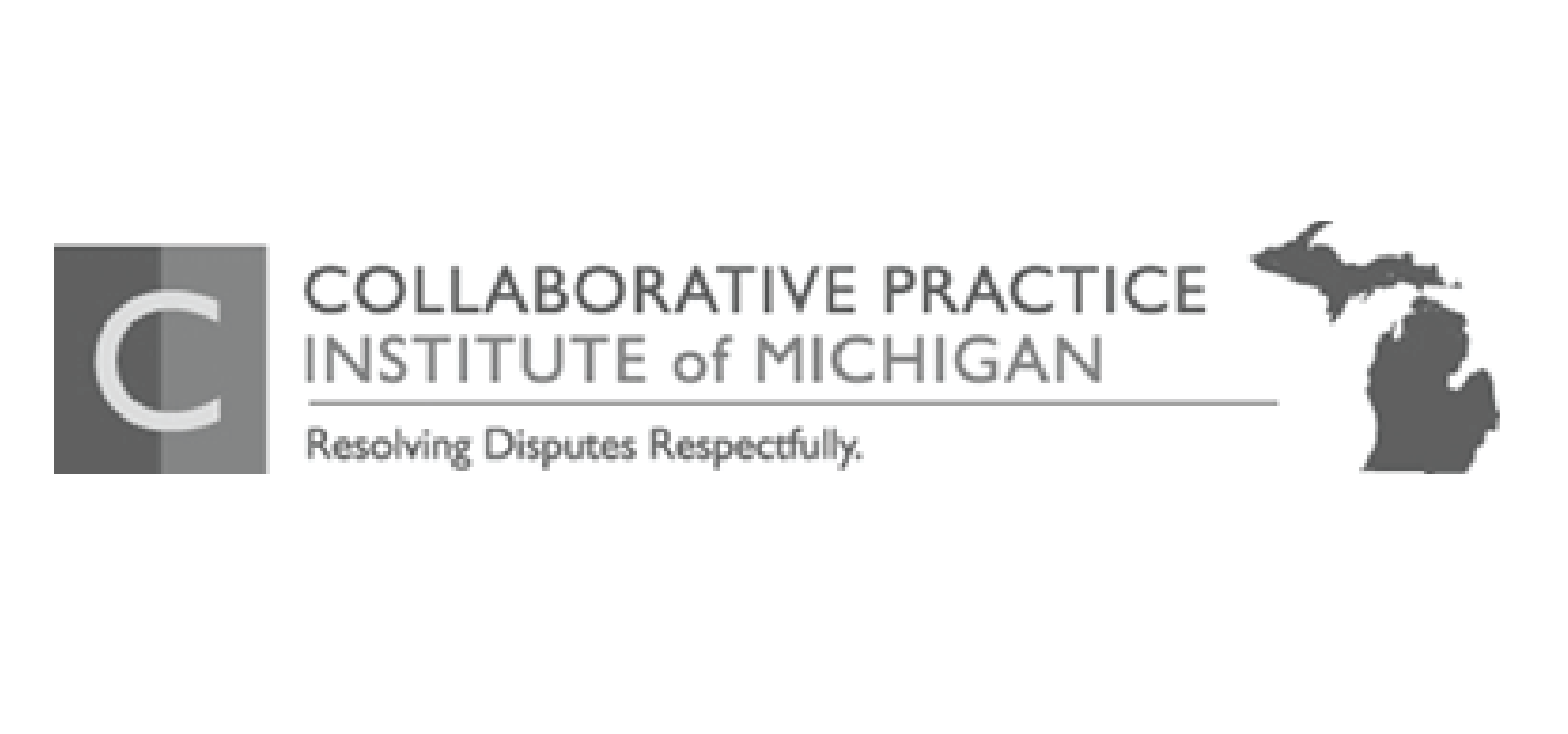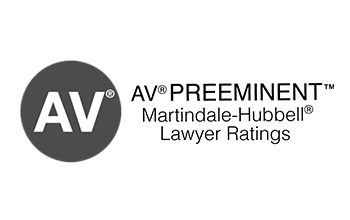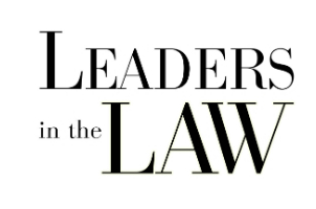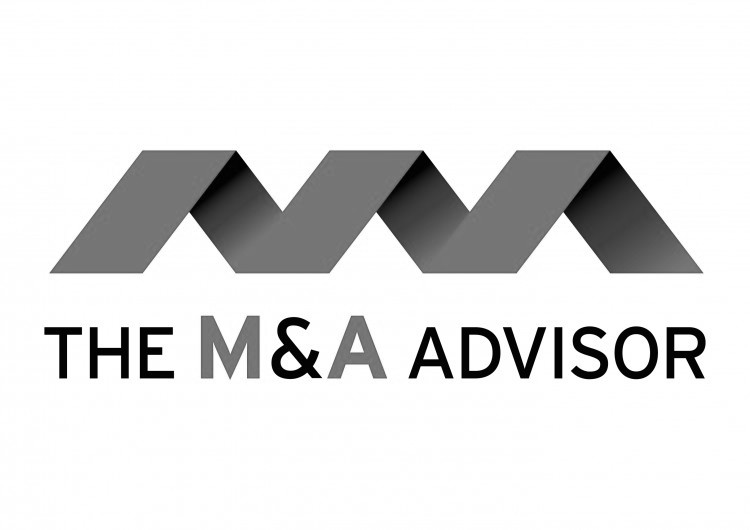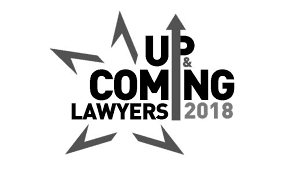Inquiring Minds Want to Know: Is an Attorney a Member of a “Public Body” Under The Whistleblowers’ Protection Act?
April 20, 2017 Category: Qui Tam, Whistleblower & False Claims
On April 12, 2017, the Michigan Supreme Court heard oral arguments on an important issue for employees and employers under The Whistleblowers’ Protection Act (WPA) in the case of McNeil-Marks v MidMichigan Medical Center-Gratiot. In McNeil-Marks, the Michigan Court of Appeals expanded what constitutes a member of a “public body” under the WPA to include Michigan licensed attorneys. The Court of Appeal’s expansion may be short-lived. However, if McNeil-Marks is affirmed, employees will continue to have protection under the WPA if they threaten or actually report to their attorneys a good faith belief that employers violated the law.
Plaintiff in McNeil-Marks, an employee of MidMichigan Medical Center-Gratiot (MMCG), informed her attorney that Fields, a woman subject to a personal protection order (PPO) violated the PPO when she spoke to Plaintiff at the hospital. MMCG fired Plaintiff based on her alleged violations of HIPAA and the hospital’s privacy rules when she disclosed to her attorney that Fields was at the hospital. Plaintiff admitted that she told her attorney that Fields was at the hospital but, she denied telling her attorney that she was a patient.
In reversing the trial court’s dismissal of Plaintiff’s case, the Court of Appeals held, among other things, that even if Field’s conduct did not actually violate the PPO, Plaintiff still had protection from her employer’s retaliation under the WPA, “so long as she, in good faith, reported, or was about to report” the conduct to a “public body” as a suspected violation of law. The Court of Appeals, in expanding what constitutes a member of a “public body” held that an attorney is a member of a “public body” under the WPA. In reaching its conclusion that an attorney qualifies as a member of a “public body” the Court of Appeals focused on the facts that Plaintiff’s attorney, was “a licensed Michigan attorney, and a member in good standing of the Michigan Bar Association (MBA), when plaintiff called him and reported her contact with Fields.” The Court of Appeals noted that as a practicing attorney, his licensure and active MBA membership were mandatory. Further, the Court stated “The state bar of Michigan is a public body corporate, the membership of which consists of all persons who are now and hereafter licensed to practice law in this state. The members of the state bar of Michigan are officers of the courts of this state, and have the exclusive right to designate themselves as ‘attorneys and counselors,’ or ‘attorneys at law,’ or ‘lawyers.’ No person is authorized to practice law in this state unless he complies with the requirements of the supreme court with regard there to. “The Michigan Supreme Court will render its opinion shortly as to whether an employee’s communication with counsel constitutes a report to a “public body” under the WPA.











